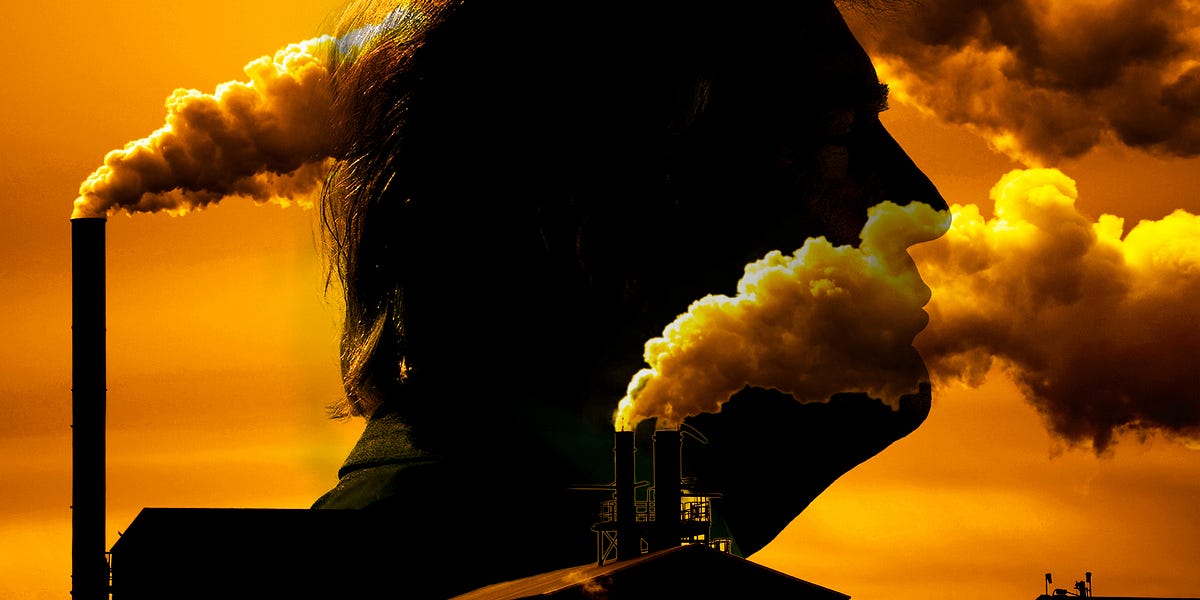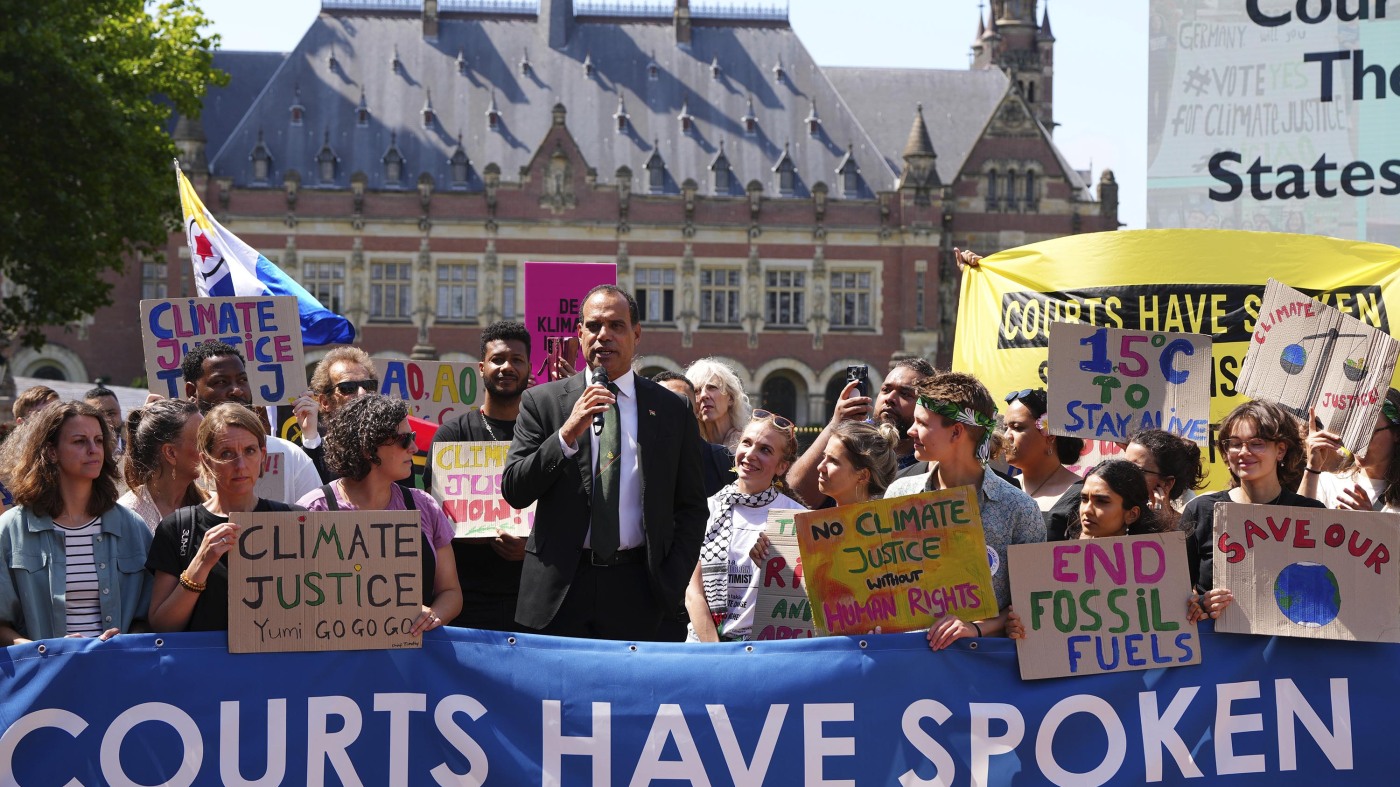T4K3.news
UN court recognizes clean environment as a human right
ICJ ruling on human rights could influence future climate responsibilities.

The ruling is poised to influence future climate-related legal actions.
UN court establishes right to a clean environment as a human right
The International Court of Justice (ICJ) has declared that a "clean, healthy and sustainable environment" is a human right in a groundbreaking advisory opinion. Issued on Wednesday, this extensive document outlines the responsibilities of countries in addressing climate change and the legal consequences of failing to do so. The ruling is anticipated to significantly impact future litigation and provide support for negotiations among vulnerable nations. The ICJ's president, Yuji Iwasawa, underscored the dire impacts of climate change, stressing its threat to both ecosystems and human life. This advisory opinion, while not legally binding, is expected to serve as a pivotal reference in international climate law and may empower various states to hold each other accountable in court.
Key Takeaways
"This process has elevated the voices of climate-vulnerable nations."
Jotham Napat highlights the significance of the ruling for vulnerable nations.
"The consequences of climate change are severe and far-reaching."
ICJ President Yuji Iwasawa emphasizes the urgency of addressing climate change.
The ICJ's ruling may reshape how countries approach climate negotiations and legal accountability. By defining a sustainable environment as a human right, the court has opened avenues for more assertive legal actions against major greenhouse gas emitters. This could lead to increased pressure on developed nations to fulfill their climate promises, particularly within the framework of existing agreements like the Paris Accord. Furthermore, the ruling positions smaller, vulnerable states as key players in global climate discussions, potentially transforming the dynamics of international environmental law.
Highlights
- A clean environment is now defined as a basic human right.
- This ruling empowers vulnerable nations in the climate fight.
- The ICJ opinion marks a potential turning point in climate law.
- This decision could reshape global climate negotiations.
Potential backlash from major polluters
Countries that are major greenhouse gas emitters may resist accountability following the ICJ's ruling, fearing legal implications and political ramifications.
This significant ruling is likely to raise the stakes for climate action globally.
Enjoyed this? Let your friends know!
Related News

ICJ ruling could empower climate reparations

World court issues landmark ruling on climate responsibility

US begins controversial deportations to African nations

Navi Pillay resigns from UN amid travel fears

Daughter of murder victim speaks on controversial deportation

EPA Plans to Revoke Greenhouse Gas Regulations

Nations must act on climate or face legal repercussions

Gaza aid group claims success as starvation rises
